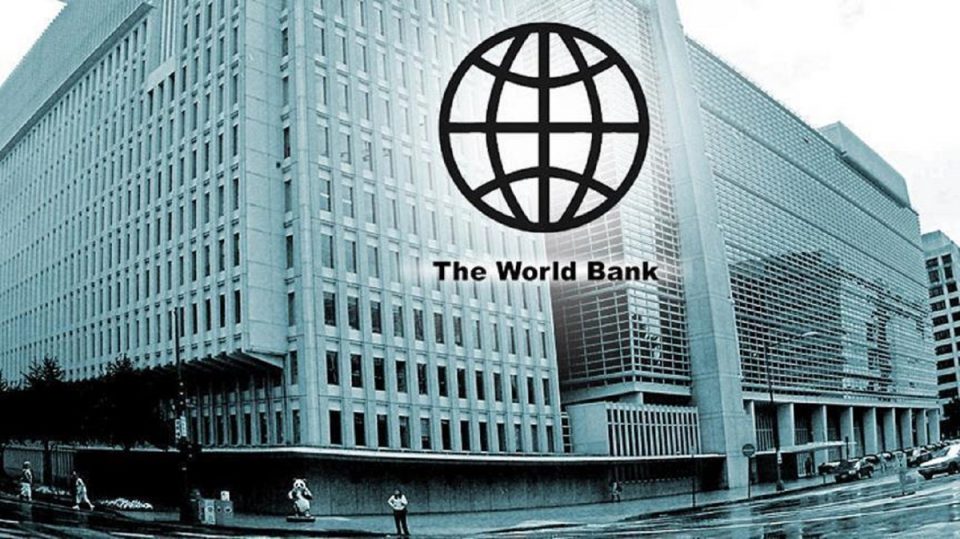Inflation driving 64 million Nigerians into food crisis – World Bank
At least 64 million Nigerians are at risk of emergency food and nutritional assistance due to the attendant effects of rising inflation, climate change, among others, according to the World Bank.
There are currently 24.8 million Nigerians who suffer from acute hunger, according to the United Nations World Food Programme, indicating worsening food insecurity and a widespread system of privation.
This was revealed in the bank’s latest food security update, titled, ‘Food security update: World Bank Response to Rising Food Insecurity’, obtained by our correspondent.
According to the report, about 107.5 million people living in West Africa and Central Africa region are in a stressed zone and could fall into a food crisis if additional shocks in the current farming season occur.
This new figure is almost double that of the 27 million people predicted by Oxfam, ALIMA, and Save the Children who warned that food crises in West Africa could affect people in Burkina Faso, Niger, Chad, Mali, and Nigeria.
The report also stated that the number of people experiencing crisis and worse acute food insecurity was the highest on record since the Global Report on Food Crises started in 2017.
The bank added that persistent trade barriers, high transport costs, repercussions of the war in Ukraine, and currency depreciation in coastal countries caused food price inflation that limits the household’s ability to access sufficient nutritious food.
On average, prices of major staple grains across West Africa are 25 per cent to 40 per cent higher than in the last five years on average.
Moreover, accelerating climate change is decreasing the productive capacity of the region’s food systems, it said.
Reports had shown a steady increase in food prices.
The Food Crisis Prevention Network identifies civil insecurity, high inflation, and climate change as key factors aggravating the current food and nutrition security crisis.




